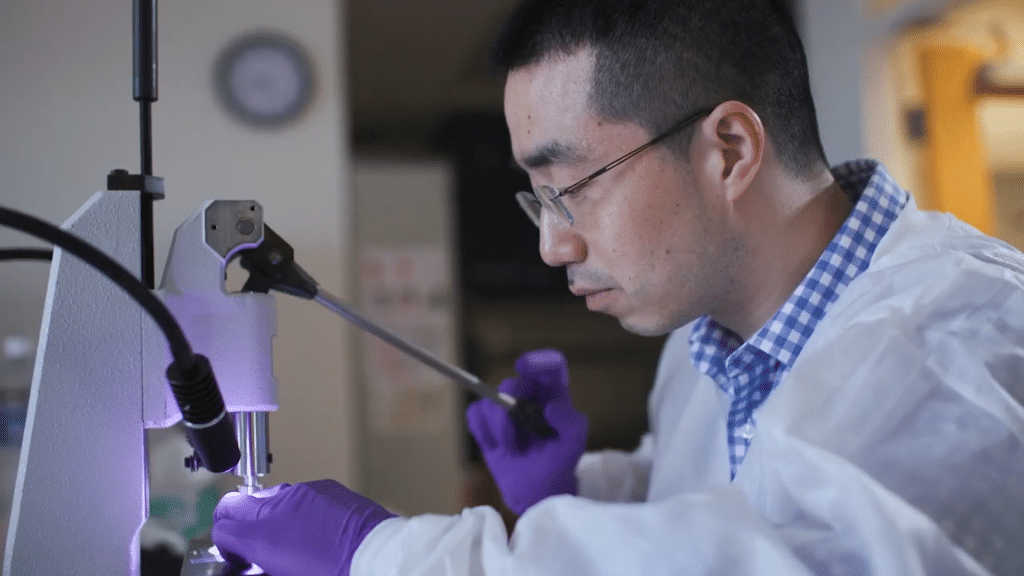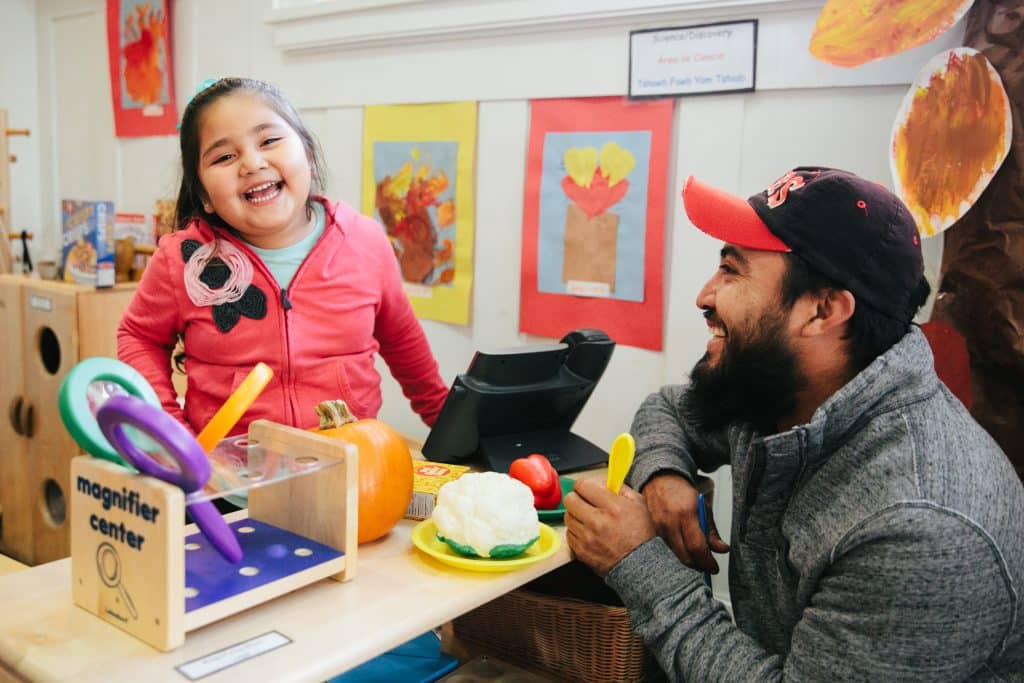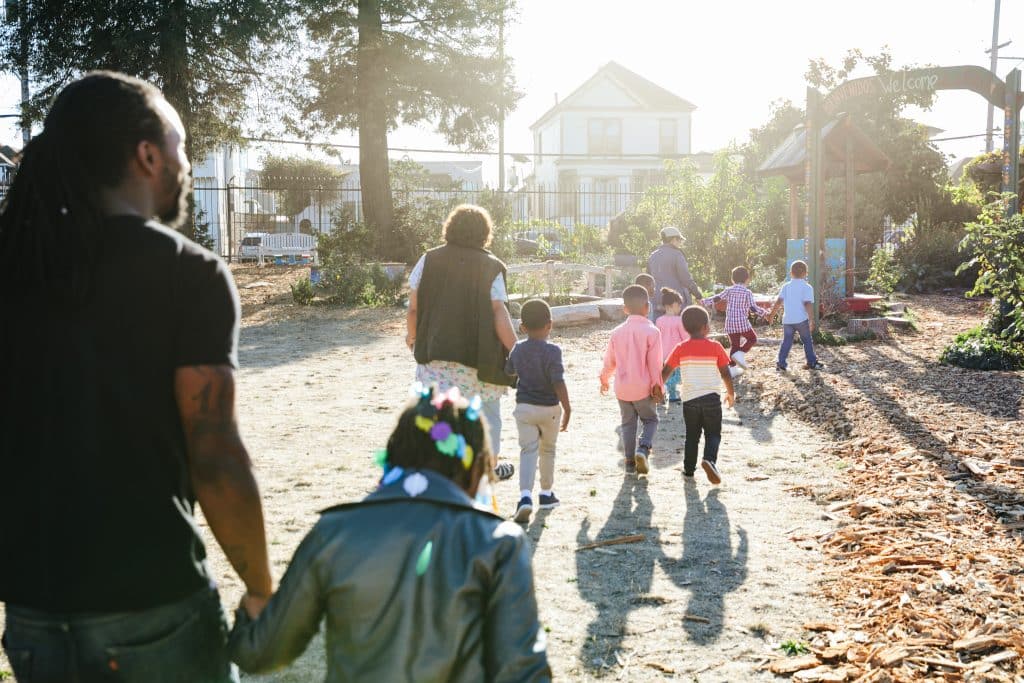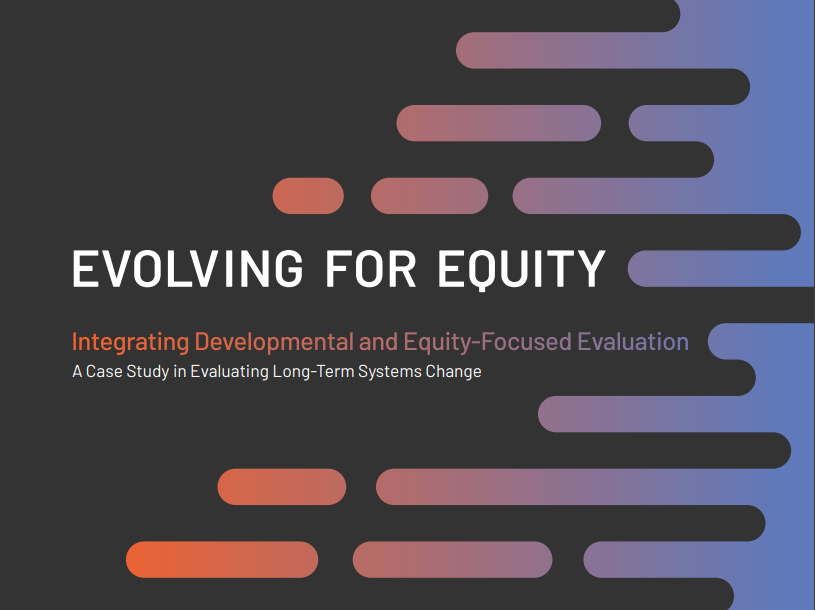In 2015, the Packard Foundation provided funding to Population Action International (PAI) to help launch a new project called QUEST, which stands for Quality Upheld, Every Service, Every Time, and the project reflects our deep commitment to improve the quality of comprehensive sexuality education, voluntary contraception, and abortion care.
As part of this project, PAI is working in areas that are in desperate need of help, like the Democratic Republic of Congo, known commonly as the DRC. The people of the DRC have been caught in the crossfire of civil war and regional conflict for many years, but PAI is undeterred. What follows is their story of how they, and their local partner Si Jeunesse Savait, are working with young people in a troubled country to help ensure they have quality contraception and reproductive health services.
DRC: Strides made in family planning, but reaching youth remains a critical challenge
A vast, diverse and populous country, DRC faces many development challenges. With maternal and infant mortality rates among the highest in the world, combined with high fertility rates, a rapidly growing population and low contraceptive use, reproductive health is arguably one of the country’s most pressing and complex issues.
In the past few years, DRC’s government has taken important steps to improve reproductive health policy. By signing on to Family Planning 2020 (FP2020) in 2013, DRC committed to increasing contraceptive coverage by more than 13 percent and growing usage of modern contraception by over 2 million people by 2020. In 2014, parliament adopted a comprehensive National Strategic Plan for Family Planning. And in 2015, for the first time ever, the government included a line in its annual budget for contraceptives, disbursing $300,000 to buy over 250,000 contraceptives.
Despite this momentum, it is the country’s youth—a third of DRC’s population—who are in most urgent need of information and services about sexual and reproductive health.
“There’s a taboo around sexuality of young people. They are seen to be asexual until they are married,” says Francoise Mukuku, director of youth advocacy nonprofit and PAI partner, Si Jeunesse Savait. “And there are not enough resources to respond to their health needs.”
Many young Congolese don’t have access to accurate information about their sexual health, yet one in four adolescents is already sexually active. For the majority, contraceptives are out of reach—shrouded in myth and taboo or forbidden by family, religion, cultural norms, or even health workers themselves.
Legally, people below the age of consent (18 years old) can only get contraceptives or family planning methods with permission from their parents. Mukuku believes this is a significant barrier and that young people should have unrestricted access to family planning methods.
“The method recommended for youth is abstinence but we cannot stop here. They need all the options. Abstinence is not realistic as the only method of protection for youth,” she says.
“The method recommended for youth is abstinence but we cannot stop here. They need all the options. Abstinence is not realistic as the only method of protection for youth.”
As a result, very few sexually active youth use family planning methods. Only 8% of women aged 15 to 19 years old use a modern contraceptive. Most youth can name at least one method of contraception, but knowledge levels are particularly low among younger women.
The consequences for Congolese youth, particularly girls and young women, are dire. High levels of teenage and unwanted pregnancy, particularly among young girls, contribute to unsafe abortions and to the phenomenon of “street babies,” where overwhelmed mothers leave their newborns in the street or at someone’s door. According to the National Program for Adolescent Health (PNSA), one in five women giving birth in DRC is adolescent and over 80% of adolescent births are unwanted.
In addition, Congolese are dealing with pervasive sexual violence, rooted both in a decades-long conflict and in domestic violence. This in turn affects women and girls disproportionately. Over a quarter of Congolese women of 20 to 24 years old have been sexually assaulted.
The government is working with social marketing organizations like DKT International to target young people with information and services on sexual health and offer contraceptives at subsidized prices. Posters showing a strong young woman with the Lingala phrase “Batela lobi na yo!” or “Protect your future!” encourage young Congolese to take control of their reproductive health, and the healthy development of the country.
“Batela lobi na yo!” “Protect your future!”
In order to do this, young people in DRC need the support of their government, religious and cultural leaders, health workers, families, and peers to push for youth-friendly reproductive health care, including contraception.
Finally, these visionary organizations are making important strides in working with government to consider changes that will make it possible for young people to access quality services.
For many Congolese youth, these changes could help save lives.







